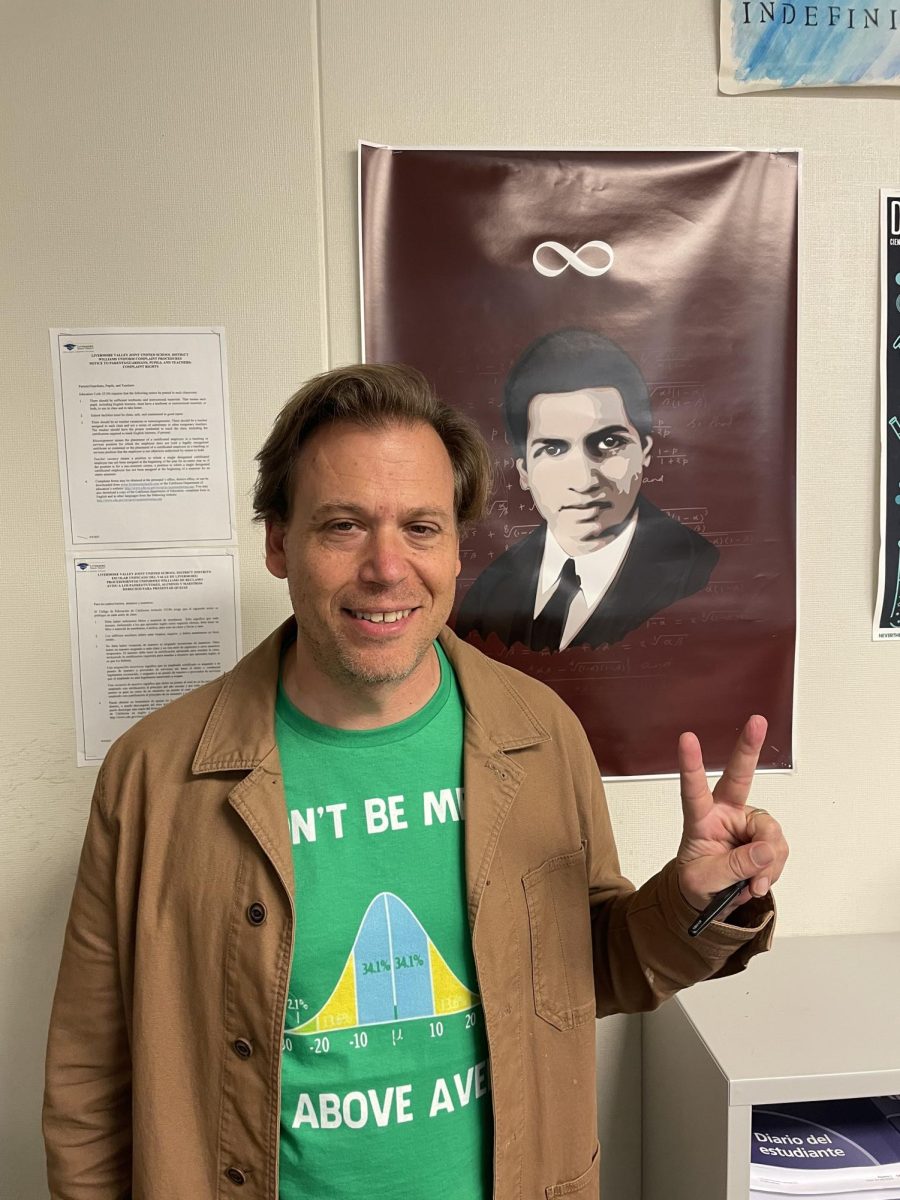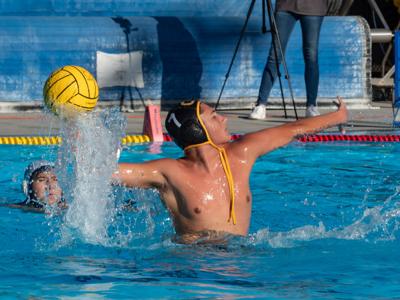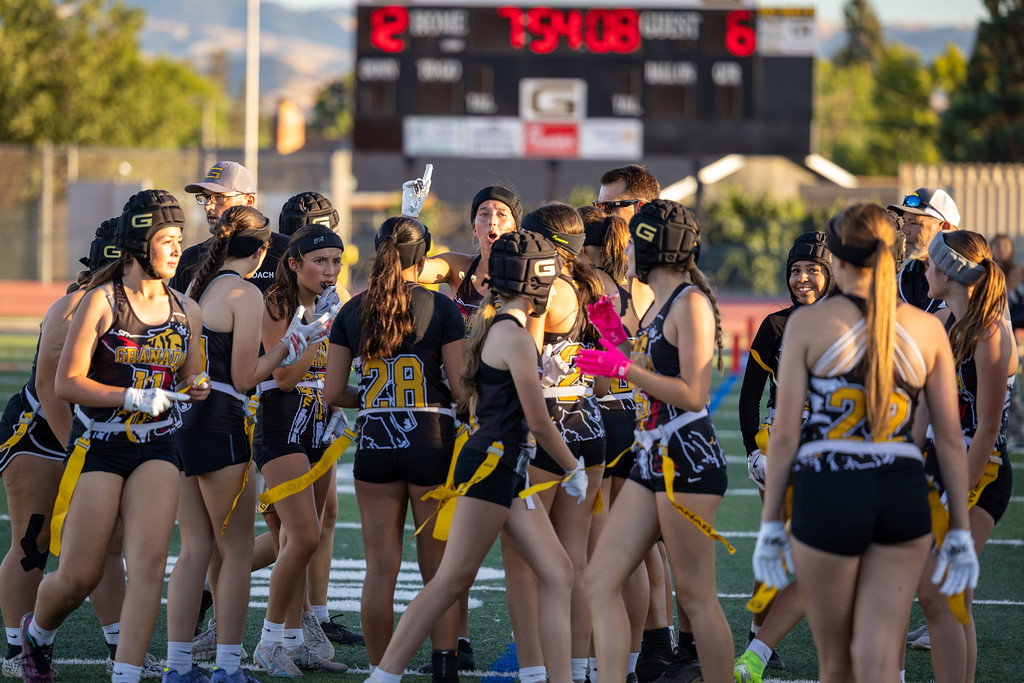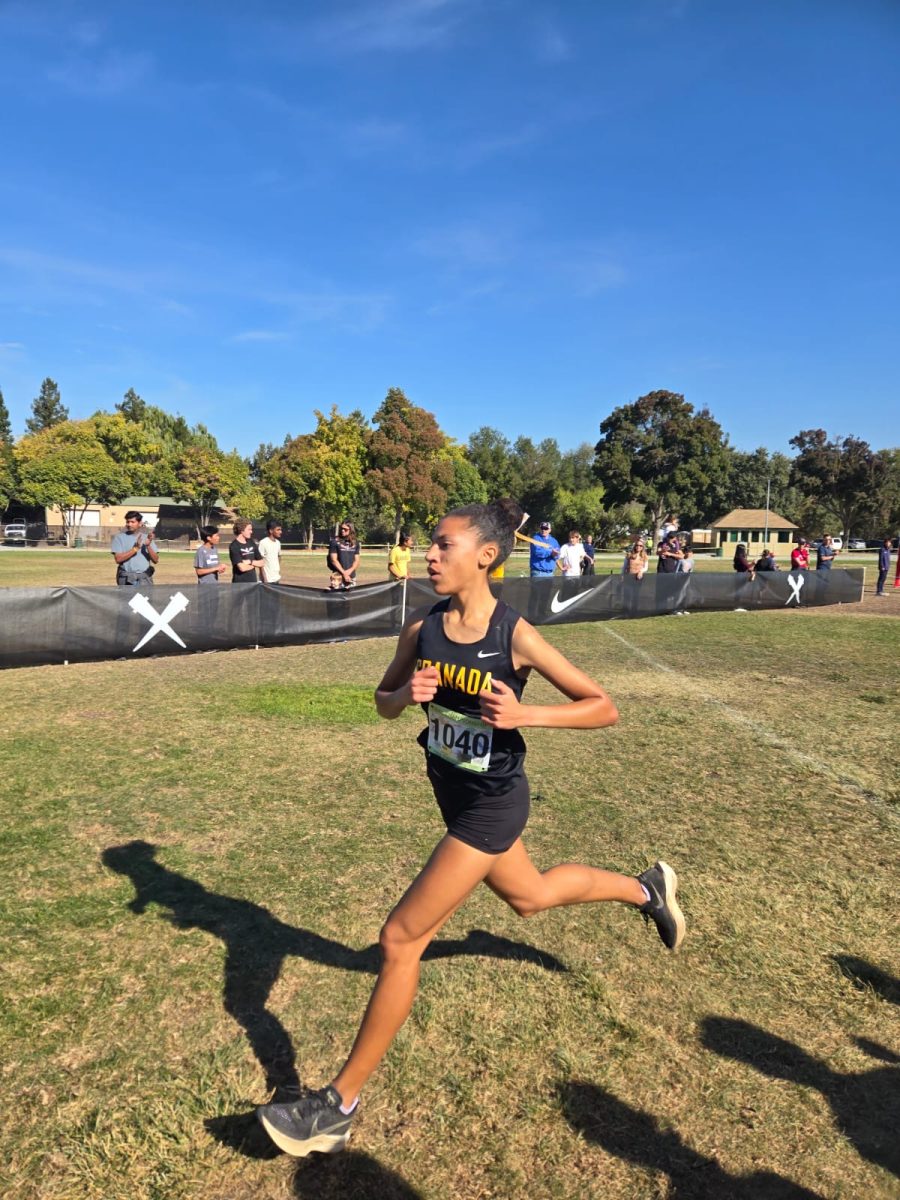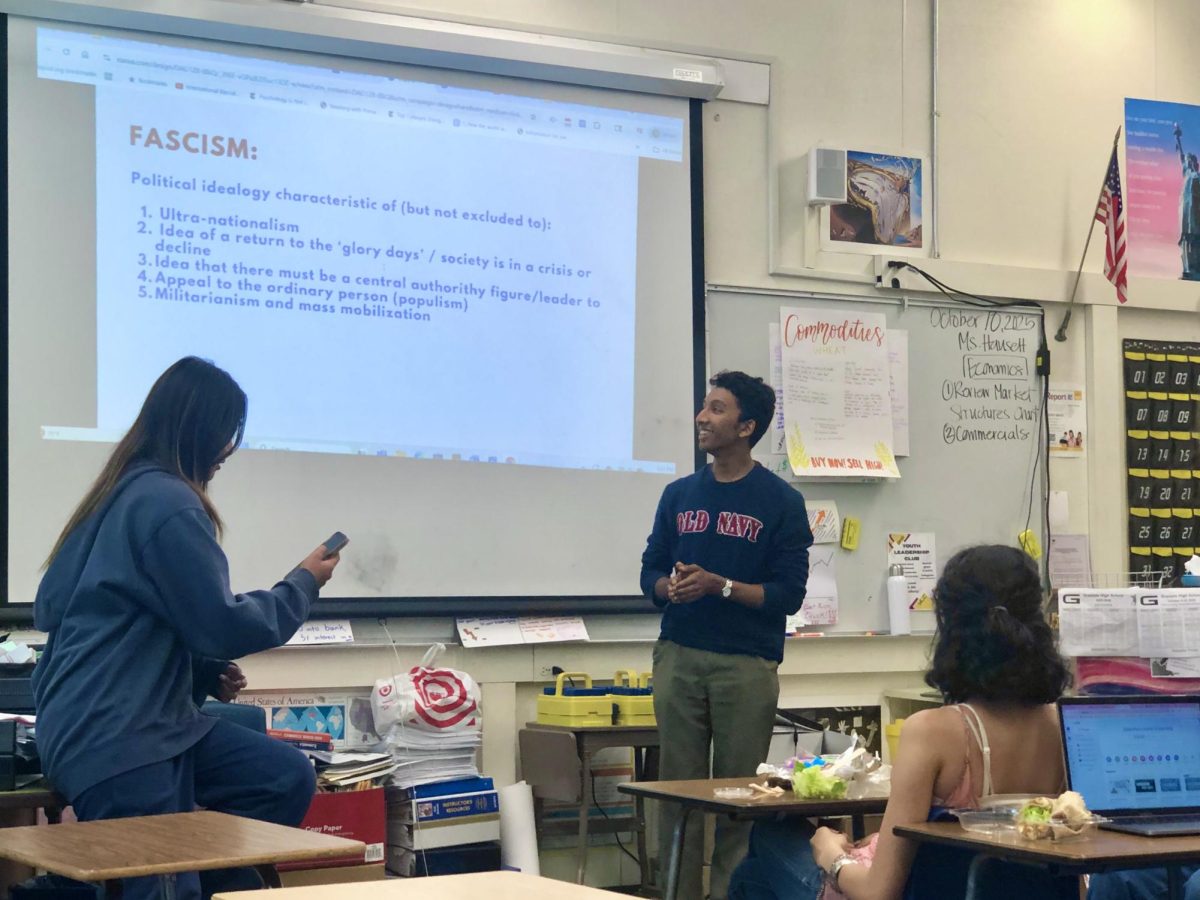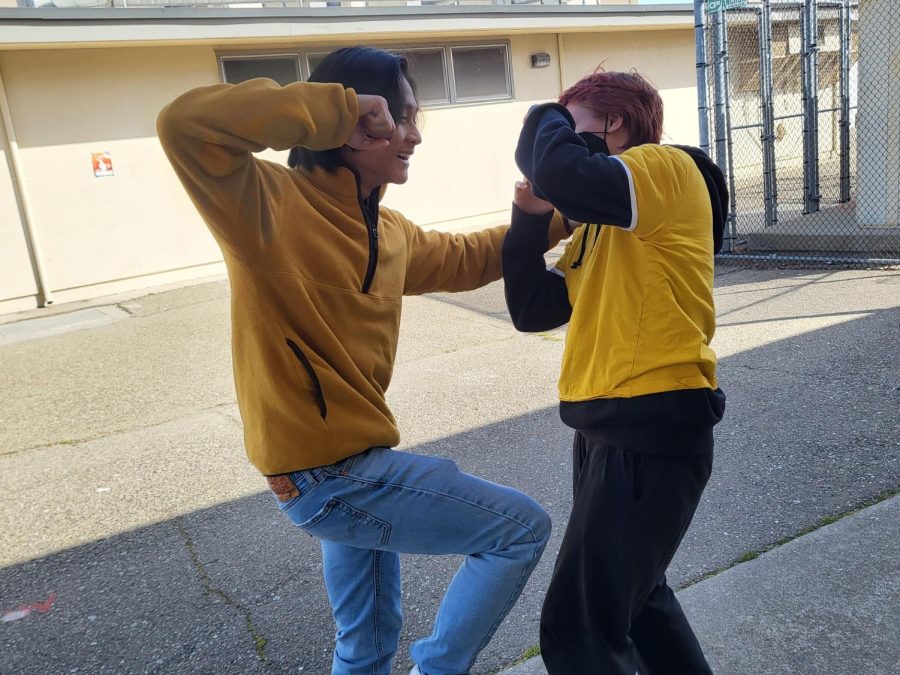Student Perspectives on Aggression on Campus
February 27, 2023
There is no easy way to say it, violence is a major issue in schools. It seems almost impossible to go to school without seeing or at least hearing about a fight on campus. With rising frequency in instances of violence and aggression in high schools, one can only wonder why and where it’s all coming from.
Students of all ages have been noticing it more and more, especially here at Granada, many will tell you they see it as an issue. One freshman student, Susie Beamon, has seen it quite often.
“You’ll hear people talking about their intentions of hurting others, which isn’t really something we want here on campus,” said Beamon.
With this rise of aggression in students, the source is always the most important thing to consider. When looking at the many factors that contribute to why students get aggressive, such as anxiety, substance abuse, involvement in poor relationships, and hormonal changes, it’s clear that the issue is self-expression.
“I feel like people don’t really know how to communicate well and solve their problems before engaging in violence,” said Beamon.
Students who cannot properly deal with and express their emotions may turn to more disruptive ways of self-expression, no matter how big or small the issue. Though, this isn’t a new idea. A study by Dr. Daniel Lockwood, Violence Among Middle School and High School Students: Analysis and Implications for Prevention, published in 1997 blames violent disputes in school-aged individuals on “seemingly trivial events.” Since then, they have only grown in severity.
Some suspect it’s a result of the pandemic, and the way it impacted students’ abilities to communicate, making them jump to violence before anything else. This is worrying, especially since these students are the future of our country.
With the frequency of violent disputes between young people, especially here at Granada, most students claim that they are used to the fights. One sophomore student, William Matishov, has a very similar point of view.
“I think that it has been normalized, and in some regard it has also been glorified. I’m definitely guilty of this as well because I actually tend to enjoy watching some of the fights. Don’t let that discredit that there might be a deeper reason to why these fights occur. The very occurrence of them is indicative of other personal issues that people our age face,” said Matishov.
These violent incidents are caused by personal issues in students and their lack of experience in handling them, which may be why many have claimed to see aggression more in lower classmen than in upper classmen.
“I’ve definitely seen it more among lower classmen, and I think part of the reason why is that we tend to realize later on in our high school career that no one actually cares about you. A very fundamental part of getting used to being in high school is understanding that you are not as important as you feel in regards to other people and their perspective of you,” said Matishov.
A major part of growing up is learning how to deal with your feelings in a mature way. Getting pulled away from a natural social environment during the pandemic sort of put that process on pause, and we are now seeing the consequences of that. Without proper tools and outlets, many teenagers find a different way to cope.
“I think whatever is happening in their life, they kind of take it out in here or wherever their frustration and everything. That’s mainly what it is,” said junior Urvee Kothari.
While it’s difficult to implement major solutions when it has to do with individual issues, the overall consensus is that emotional intelligence is really lacking in high school-aged individuals. If there were to be any solution, that’s where it should be focused.
“People can’t really talk about their problems. It’s something that they need to work on themselves,” said Beamon.
In recent years, we have seen a major focus on mental health in the media and pretty much everywhere, which can only make you wonder: Why hasn’t it made it to the ones that really need it? While the students that start and are involved in fights should be punished, they also should be offered help. Aggressive students may be an issue, but they are just as much the future of this country as anyone else. They shouldn’t be ignored. If anything, they should be given proper access to mental health resources and professionals.
“Whatever is happening in your life, you can’t really control that, but I say therapy,” said Kothari.
Aggression and violence have been issues for a long time and will continue to be issues for a long time, but they should be handled with the same grace and diligence as any other major issue would be.
Fortunately, that is exactly what the administration here at Granada strives to do. They have a specific procedure for reentry after suspension.
“We try to meet with the student, and we go over a re-entry type meeting about goals and moving forward. In hopes that one kid coming back that they’ve been gone from school for whatever reason, feels that we support them,” said vice principal Jason Cain.
The most important thing for students struggling with expressing themselves and their aggression, is getting support. The administration here at Granada works hard to support these students, since it seems the only way to handle the issue.
“Who are we working with? We’re working with adolescents that are still trying to find out who they are, where they fit into society, along with going through a lot of developmental changes,” said Cain.
Violence and aggression will continue to be an issue for the foreseeable future, as there really isn’t a fix for it, but that doesn’t mean there is nothing to be done about it. As long as students are able to get the support they need, they’re getting the best help they can.

